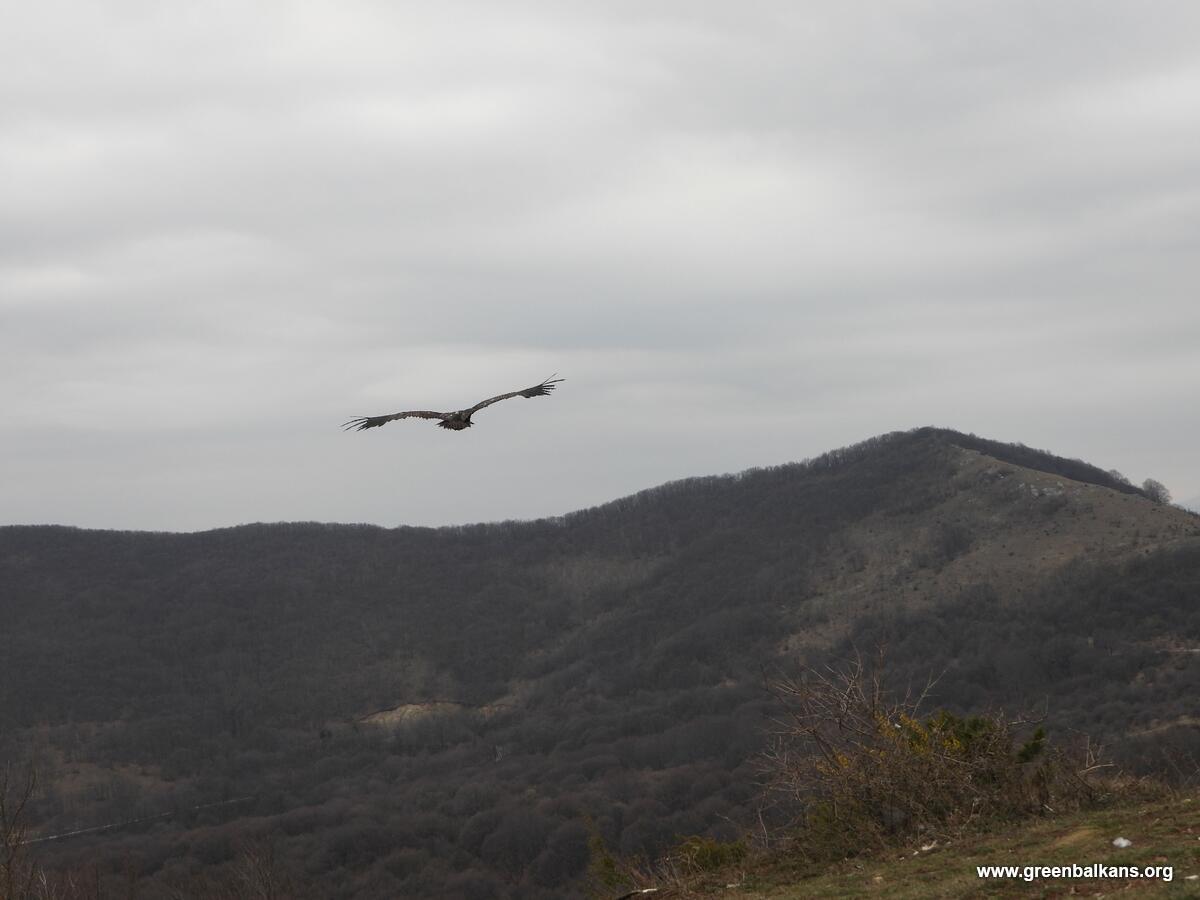
Important study into the use of illegal wildlife poisoning reveals impact of the practice in Greece since 2000.
Illegal wildlife poisoning
Although their use is illegal under Greek and European Union laws, poison baits continue to be a widespread and deeply rooted practice in rural Greece and other parts of the Balkans. Just this year we’ve seen the death of two cinereous vultures and three Griffon vultures in the country that we know of. It’s a practice that has a major impact on vulture populations and many other carnivores such as brown bears, wolves and foxes as well as dogs either stray, domestic or working (namely shepherd and hunting dogs).

In a study, Animal mortality and illegal poison bait use in Greece, published in the Environmental Monitoring and Assessment journal as part of the Return of the Neophron LIFE funded Egyptian vulture conservation project, a team of scientists from various Greek environmental organisations and institutions collected and analysed data about the reported incidents of poisoning, poisons used and motives behind the practice. is available online.
From 2000 to 2016, and a total of 1015 poisoning incidents were recorded in rural areas causing the death of 3248 animals. In over 50 percent of investigated cases, the motives remained unknown. Of the known motives only only 15 percent were targeting large carnivores of direct livestock losses, the majority of cases were retaliatory actions among various stakeholders.

The target animals for these actions were mainly mammalian carnivores, and stray dogs, all of which were blamed for livestock and game losses. Vultures and other avian scavengers were the wildlife species most affected by secondary poisoning accounting for 30 percent of all wildlife fatalities.
Toxicological analyses showed that a wide range of chemical substances were used, mostly legal or banned pesticides (e.g., carbamates, organophosphates, and organochlorines) and potassium cyanide. Furthermore, the widespread trafficking of black marketed insecticides was also recorded, with methomyl (in powder form) and carbofuran being most common sold on the black market.
Balkan Anti-Poisoning Project

The illegal use of poison continues to be the single most important threat to vultures in Greece, as well as in the rest of the Balkan countries, and current limiting factor for their recovery in the region.
Funded by the Mava Foundation we are leading on the Balkan Anti-Poisoning Project which aims to secure real and continued engagement of the relevant national governmental authorities in the Balkan region against illegal wildlife poisoning and increase their capacity to counteract it and working together to take positive steps to protect vultures.
The Balkan Anti-Poisoning Project is a partnership between us here at the Vulture Conservation Foundation and the Albanian Ornithological Society-AOS, Protection and Preservation of Natural Environment in Albania-PPNEA, Ornithological Society “Naše ptice”,Association BIOM, Hellenic Ornithological Society-HOS, Macedonian Ecological Society-MES.
The Balkan Anti-Poisoning Project directly contributing into the implementation of the Vulture Multi-Species Action Plan by implementing anti-poisoning actions in Albania, Bosnia and Herzegovina, Croatia, Greece and Macedonia and is building on our work for the last decade in the Balkans implementing the Balkan Vulture Action Plan.



